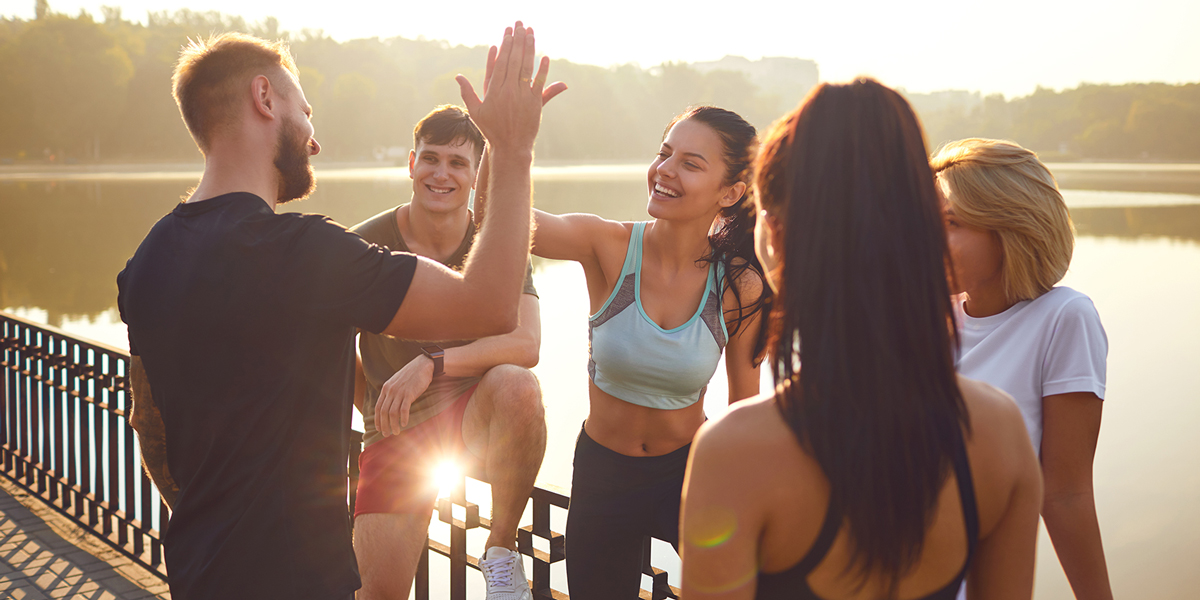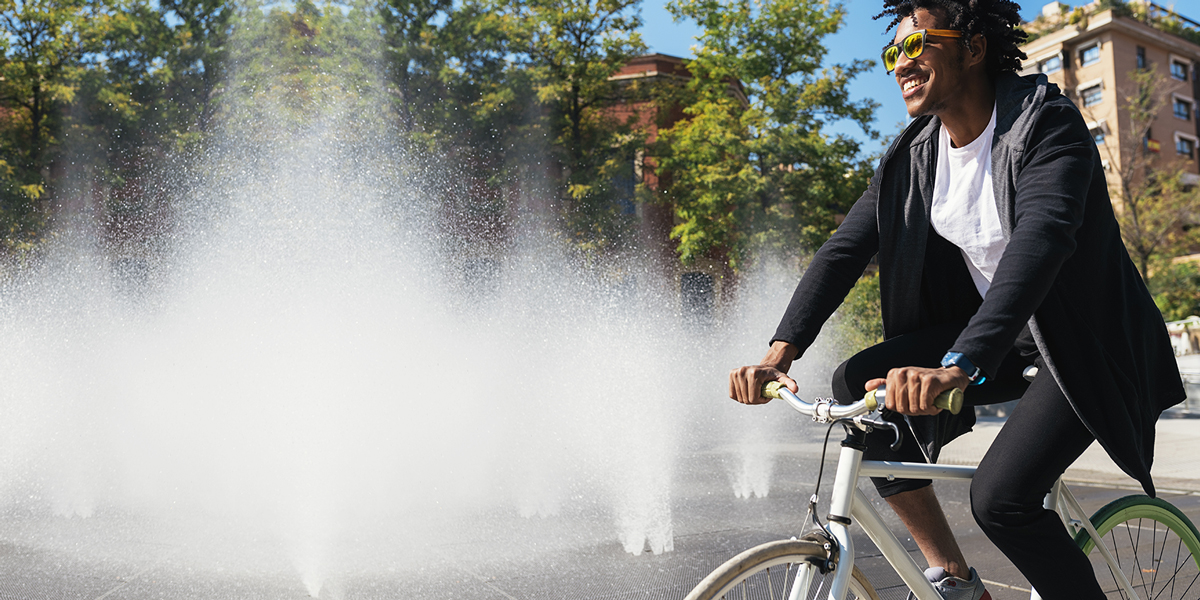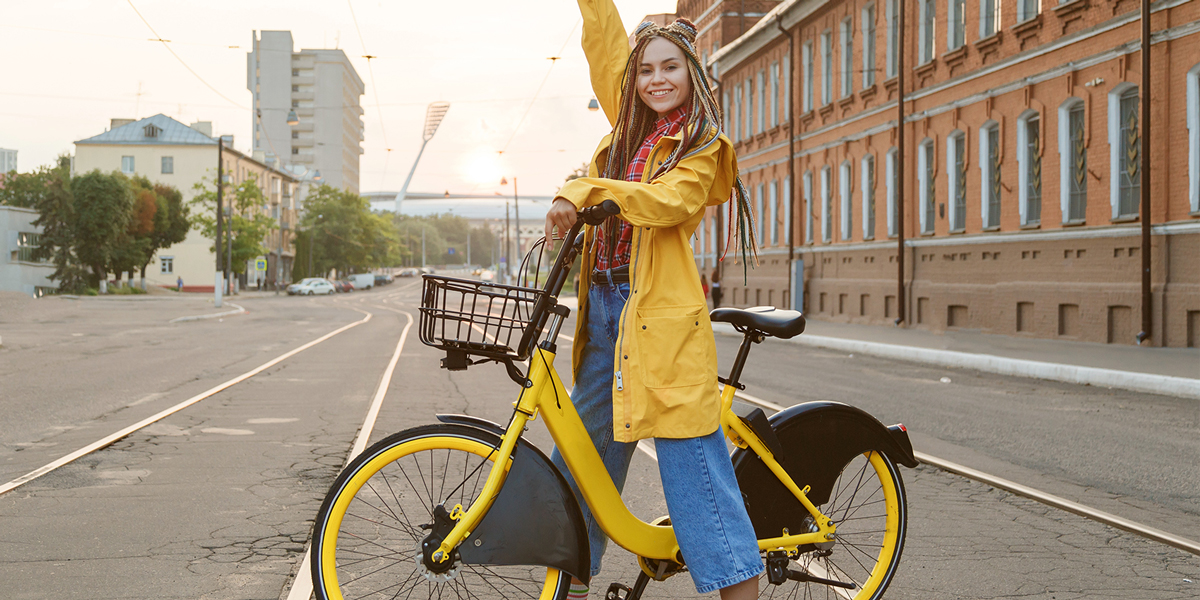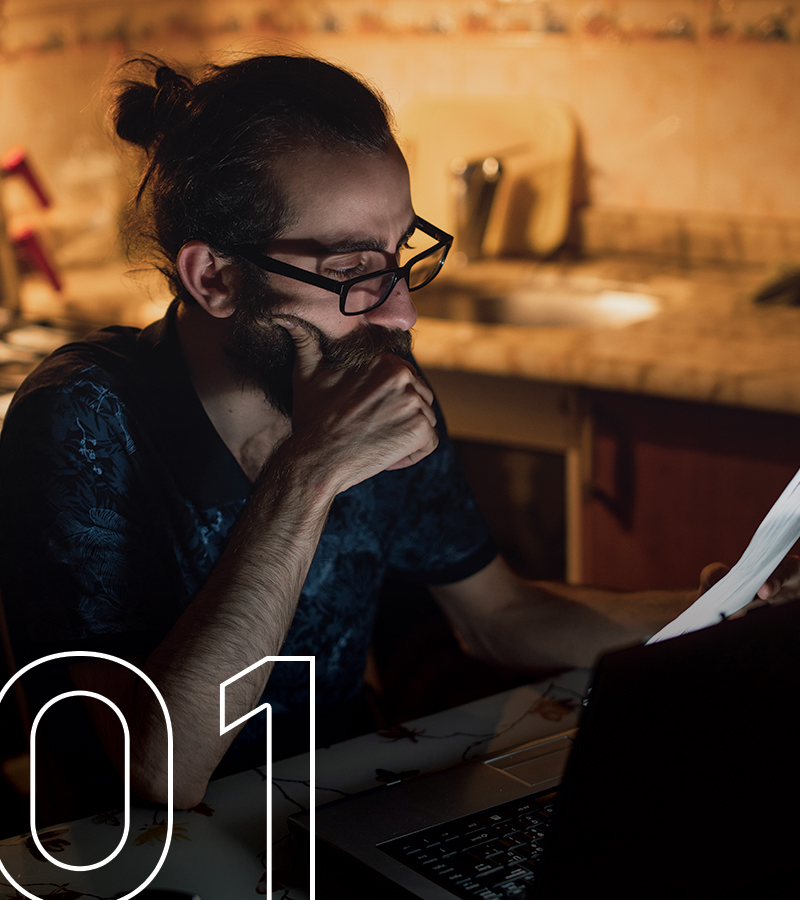Ride for Recovery
Not all exercise is equally effective. Together is better.
In a recent study, Lancet Psychiatry analyzed the exercise and mental health of over 1.2 million adults.
Using three years of survey data, participants reported the type of exercise they did and how much they exercised. Lancet also chronicled how many days participants experienced poor mental health. These effects included stress, depression, and other emotional trouble.
Not all exercise was equally effective. Of the 75 types of exercise studied, team sports were the most effective. People playing team sports reported 23.3% fewer days of poor mental health than non-exercisers. Riding a bike, either indoors or outside, was a close second. Riders enjoyed 21.6% fewer bad mental health days.
All exercise improved overall mental health. People who exercised had two days of poor mental health over the course of a month. This is compared to the 3.4 bad mental health days among those who performed no physical activity. Simply put, riding a bike, inside or out, is the second most beneficial activity for emotional wellness. But group rides can help you reap the social benefits of a team sport, making it number one.
Cycling is a natural way to reduce depression.
Regular exercise may even fight depression as effectively as prescription medication.
Exercise was most effective for participants who previously had depression. These people enjoyed nearly four fewer days of poor mental health. In another recent study, 150 volunteers diagnosed with depression were offered one of three treatments. The treatment choices included exercise, Zoloft, or a combination of both. Exercise group participants worked out on a treadmill or stationary bicycle for 30 minutes three times a week. The study showed that a modest exercise regimen fared as well as the antidepressant known as Zoloft. Those receiving combination treatment followed the same exercise routine.
At the end of the four-month study period, all three groups displayed significantly lower depression rates. However, six-month follow-up examinations revealed astounding results. Exercise group participants experienced significantly lower relapse rates than those given the Zoloft or combination treatments.
Cycling can improve a lot more than depression.
Cycling can even improve our subjective mood, reduces anxiety, and allows us to handle stress more effectively.
It can even increase the levels of serotonin and dopamine production in our brains. These are the chemicals that make us feel good as they are released into our brains.
Serotonin and dopamine are not the only feel-good chemicals produced when we cycle. Our bodies also produce endorphins and cannabinoids. Yes, cannabinoids, the same chemical family associated with marijuana use. They’re naturally produced by our bodies regularly!
Our bodies also improve their ability to regulate hormones like cortisol and adrenaline when we cycle. This results in improved ability to handle stress, the most common trigger on our road to recovery. Hormonal imbalances cause our bodies to respond to stress negatively. A routine like cycling allows our bodies to balance hormones and handle stress more easily.
It’s no surprise that exercise in general (and cycling in particular) helps improve your mental health. The next time you take the perfect ride or finish a really hard workout, your body will release a whole bunch of feel-good hormones. These hormones will make you feel like you can conquer the world. Let’s conquer together.




